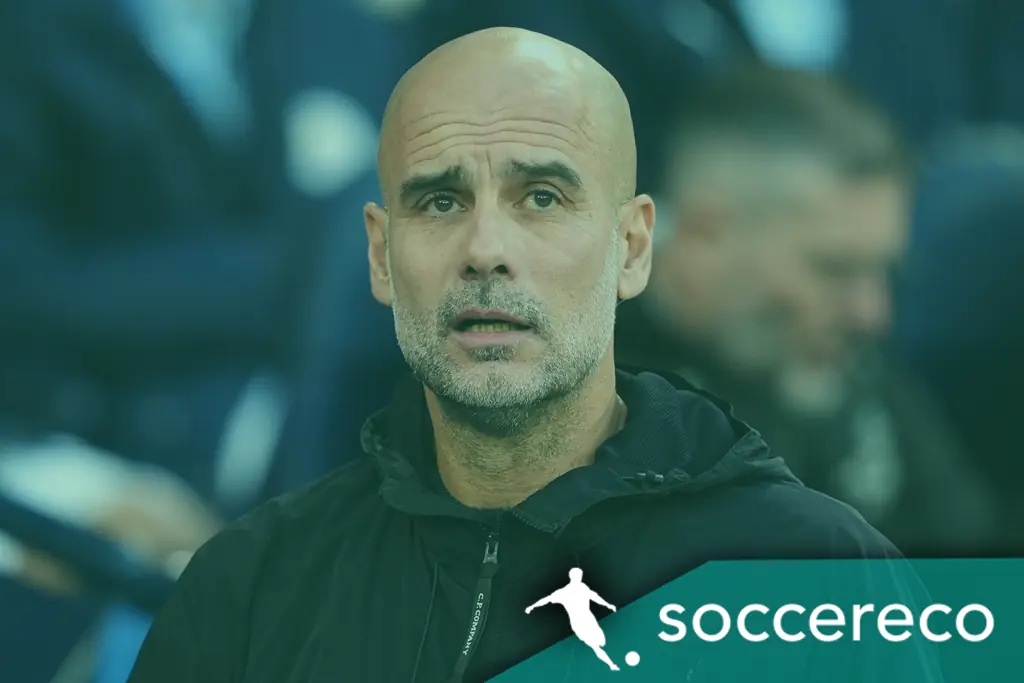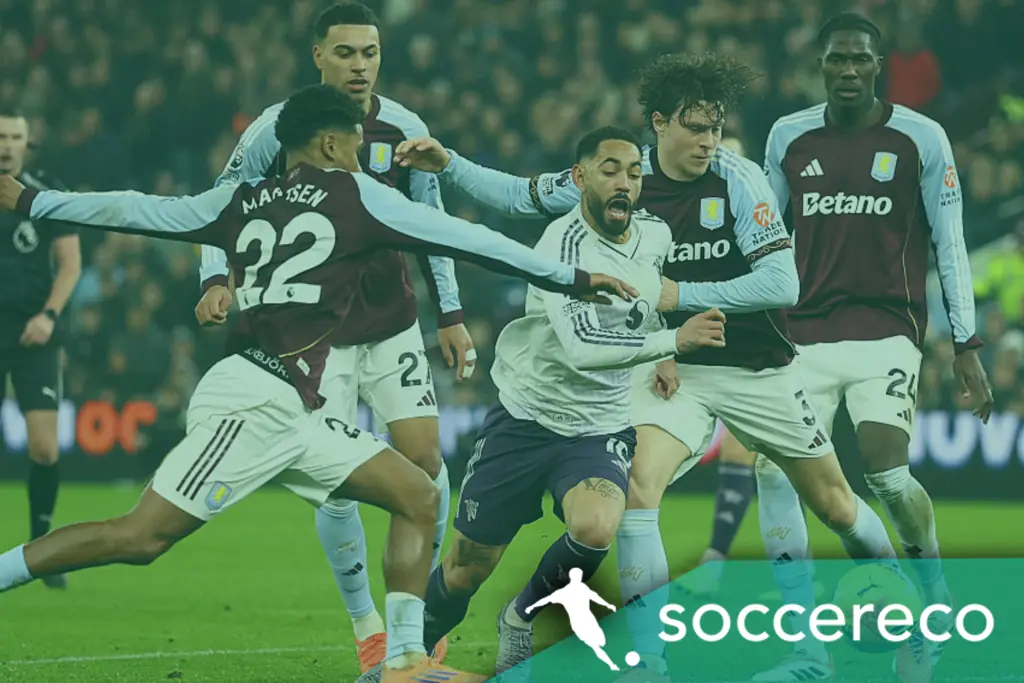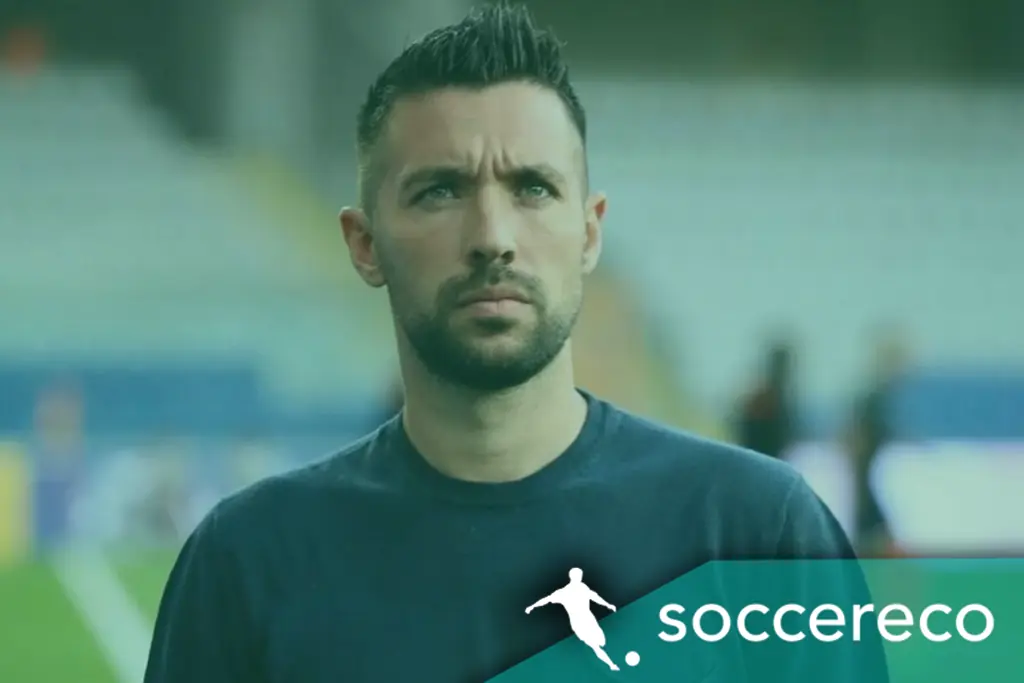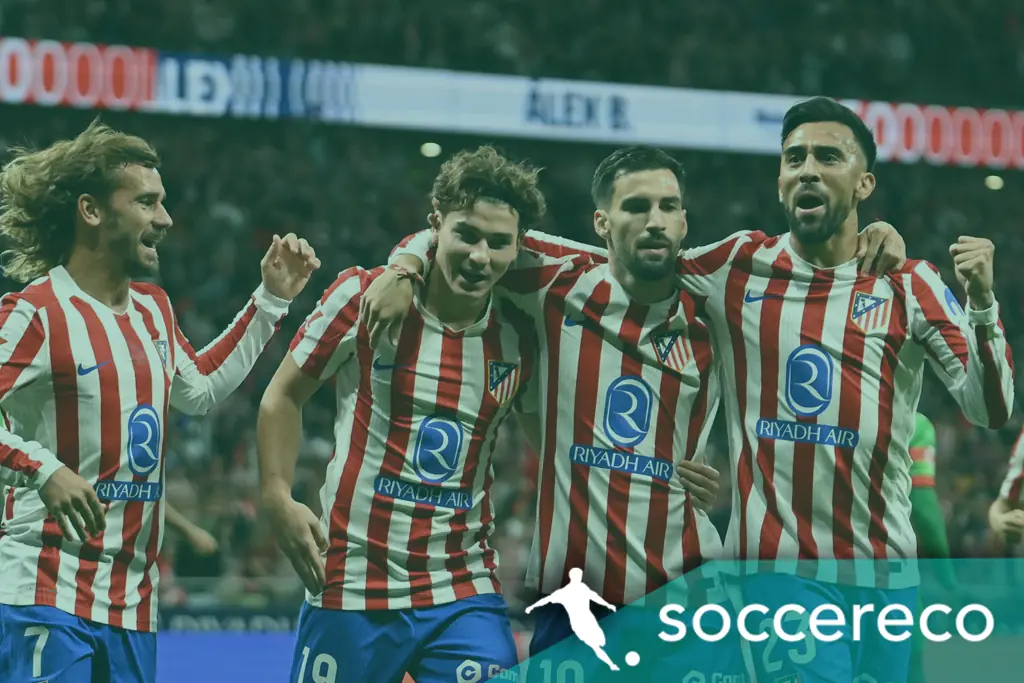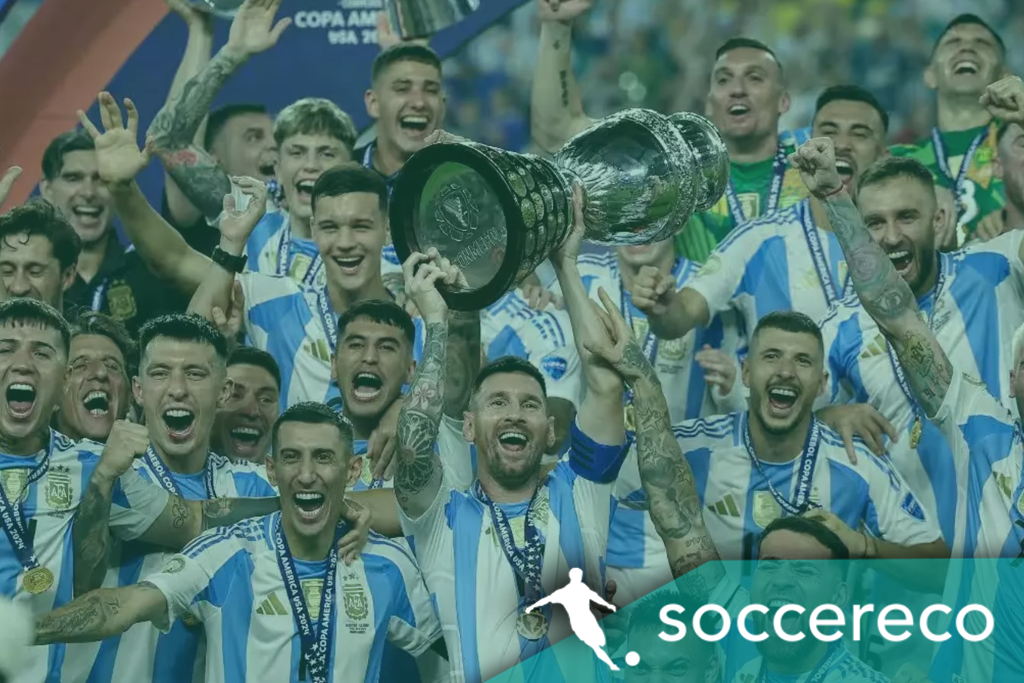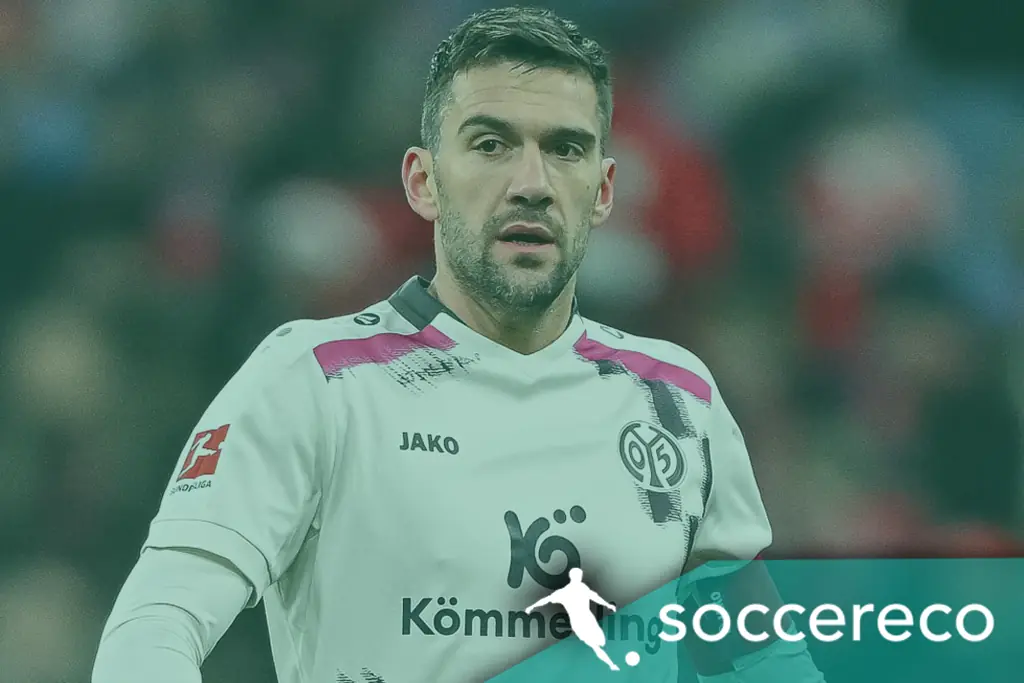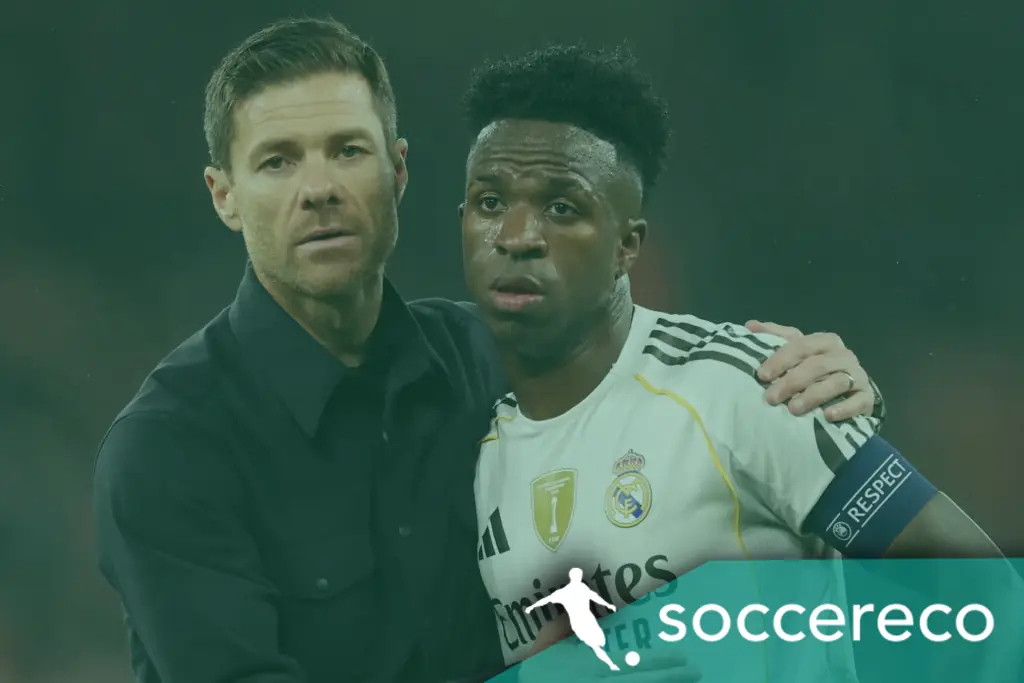Luis Enrique is starting to get fed up with the opportunistic approach of the French press. After the home match against Stade Rennes, the Spanish coach already not a fan of press conferences gave the attending journalists a lesson when he was asked about the inconsistent performances of Bradley Barcola.
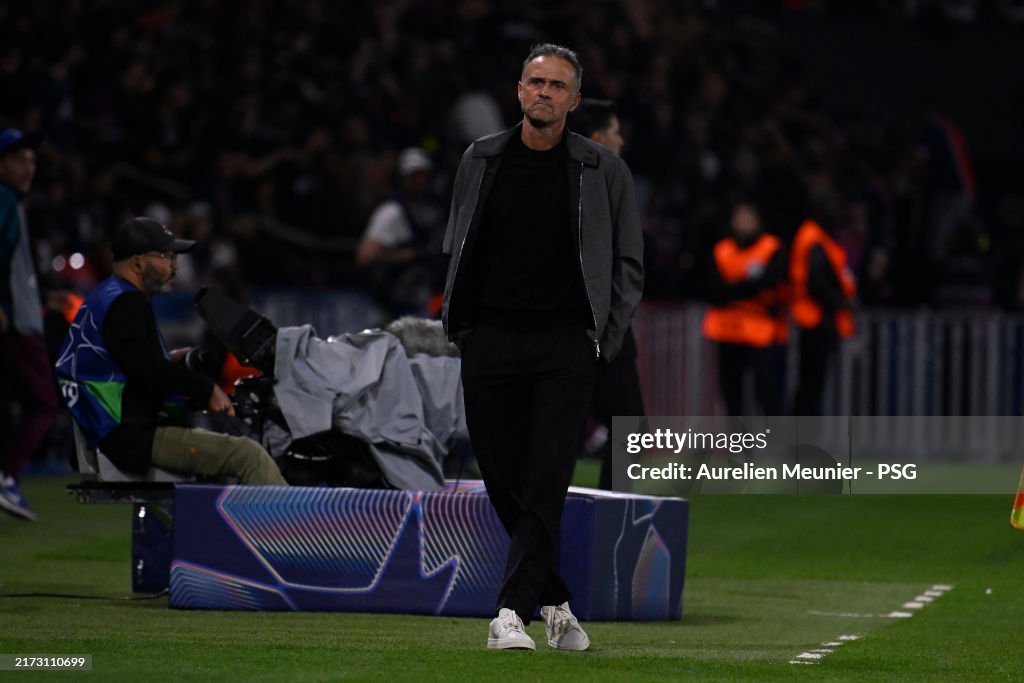
Barcola was instrumental in PSG's fifth win in six league matches on Friday night, scoring two goals and showcasing the kind of form that earned him early praise this season.
The 22-year-old winger, who had already scored four goals in the first three rounds of Ligue 1, has been one of the standout performers for PSG, helping the club maintain its momentum at the top of the table. His pace, dribbling skills, and goal-scoring instincts have made him a key figure in Luis Enrique's plans as the team navigates both domestic and European challenges.
However, football can be a fickle sport, and the same fans and media that sing praises in one week can quickly turn critical in the next. Barcola, despite his impressive start to the season, saw his performances dip slightly in a few recent matches, which sparked questions from the press about his consistency. These critiques are not uncommon for young players breaking into the first team, especially at a high-profile club like PSG, where the stakes and expectations are always immense.
When a journalist brought up Barcola's recent form in the post-match press conference, PSG coach Luis Enrique did not hide his frustration. Known for his no-nonsense approach and direct style, the Spanish manager didn't hold back in defending his young winger. "Show me a player in the history of football who plays well every single game," Enrique snapped back. "That would be very boring."
Luis Enrique's pointed response revealed his broader views on the unrealistic expectations often placed on players, especially younger ones. Barcola, at just 22, is still in the early stages of his career and is bound to have fluctuations in form. Enrique understands this, having worked with many young talents throughout his managerial career, both at Barcelona and with the Spanish national team. In his eyes, the occasional dip in performance is not only normal but also a vital part of a player's development.
"We're talking about a young player here," Enrique continued, "but even if this were about a 30-year-old, this criticism makes no sense. There's no player who always performs well. Especially not when they're just 21, 22, 23, or 24 years old." The coach's comments were a clear call for more patience and understanding from the media and fans, who often expect instant and constant brilliance from players who are still learning their craft.
Luis Enrique's defense of Barcola was not just about the player himself but also a critique of how modern football tends to swing between extremes. "One day he's God, and the next day he's the devil," Enrique quipped, highlighting the tendency for media narratives to elevate players to near-mythical status when they succeed, only to tear them down when they falter. This rollercoaster of public perception can be particularly harmful to younger players, who are still building their confidence and adapting to the pressures of top-tier football.
Despite his outburst regarding Barcola, Enrique remained focused on the bigger picture his team’s overall performance. PSG had secured a 3-1 victory over Rennes, with Barcola playing a key role in the result. The team’s dominance was clear, and Enrique was satisfied with the way his players executed the game plan. "It was an important victory against a good team," the coach summarized. Rennes, historically a tough opponent, has always been capable of challenging PSG, making this win a significant achievement in the club's pursuit of the Ligue 1 title.
During the match, PSG built a commanding 3-0 lead, with goals from Barcola and other key players, showing the attacking prowess that has become a hallmark of Luis Enrique's tenure. However, the coach's strategic thinking was evident in the second half when he made several substitutions, likely with an eye on the upcoming Champions League clash against Arsenal. The changes, while aimed at preserving key players for the European fixture, allowed Rennes to score a consolation goal through Arnaud Kalimuendo, a former PSG academy player.
Enrique acknowledged that the team lost some control after the substitutions, a common risk when key players are rested, especially in the later stages of a match. "Of course, in a match where you're leading 3-0, you shouldn't lose control," he admitted. However, he downplayed the significance of Rennes' goal, focusing instead on the overall importance of the win. "It's still an important win," he emphasized, pointing to the need for PSG to maintain momentum as they juggle both Ligue 1 and Champions League responsibilities.
This victory, in particular, carried weight as PSG looked to build confidence ahead of a crucial European test. The Champions League is the ultimate prize for PSG, and Enrique's careful squad management reflects the club's ambitions to go deep into the competition. Balancing domestic and European commitments is never easy, but Enrique's experience at the highest levels of football has prepared him for the challenge.
Barcola's development will be closely watched as PSG navigates these dual campaigns. As a young talent, his performances in high-pressure games, both in Ligue 1 and the Champions League, will be key to his growth. Enrique's defense of him in the press conference is a sign that the coach has faith in his abilities and potential, even if there are bumps along the way. The Spanish coach's emphasis on patience and long-term thinking is a reminder that football is as much about development as it is about results.
In a football world obsessed with instant success, Enrique's approach offers a refreshing perspective. By focusing on the bigger picture and defending his players from undue criticism, he is not only protecting Barcola but also reinforcing a culture of growth within the squad. As PSG continues its journey this season, both in Ligue 1 and in Europe, the support and guidance of a seasoned coach like Luis Enrique could be the key to unlocking the full potential of players like Barcola, ensuring that they contribute to the club's success now and in the future.
The media's scrutiny, though harsh at times, is part and parcel of life at a club like PSG. The pressure to perform is relentless, and young players often bear the brunt of that expectation. However, with Enrique at the helm, it’s clear that PSG is a team built not just for immediate success, but for sustained excellence, with a focus on nurturing the next generation of talent. Barcola, despite the challenges, remains an integral part of that vision.
Updated: 12:15, 28 Sep 2024
